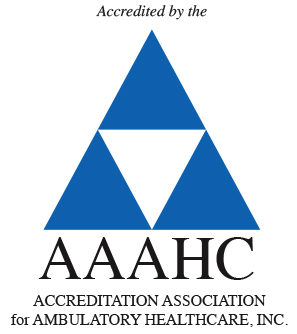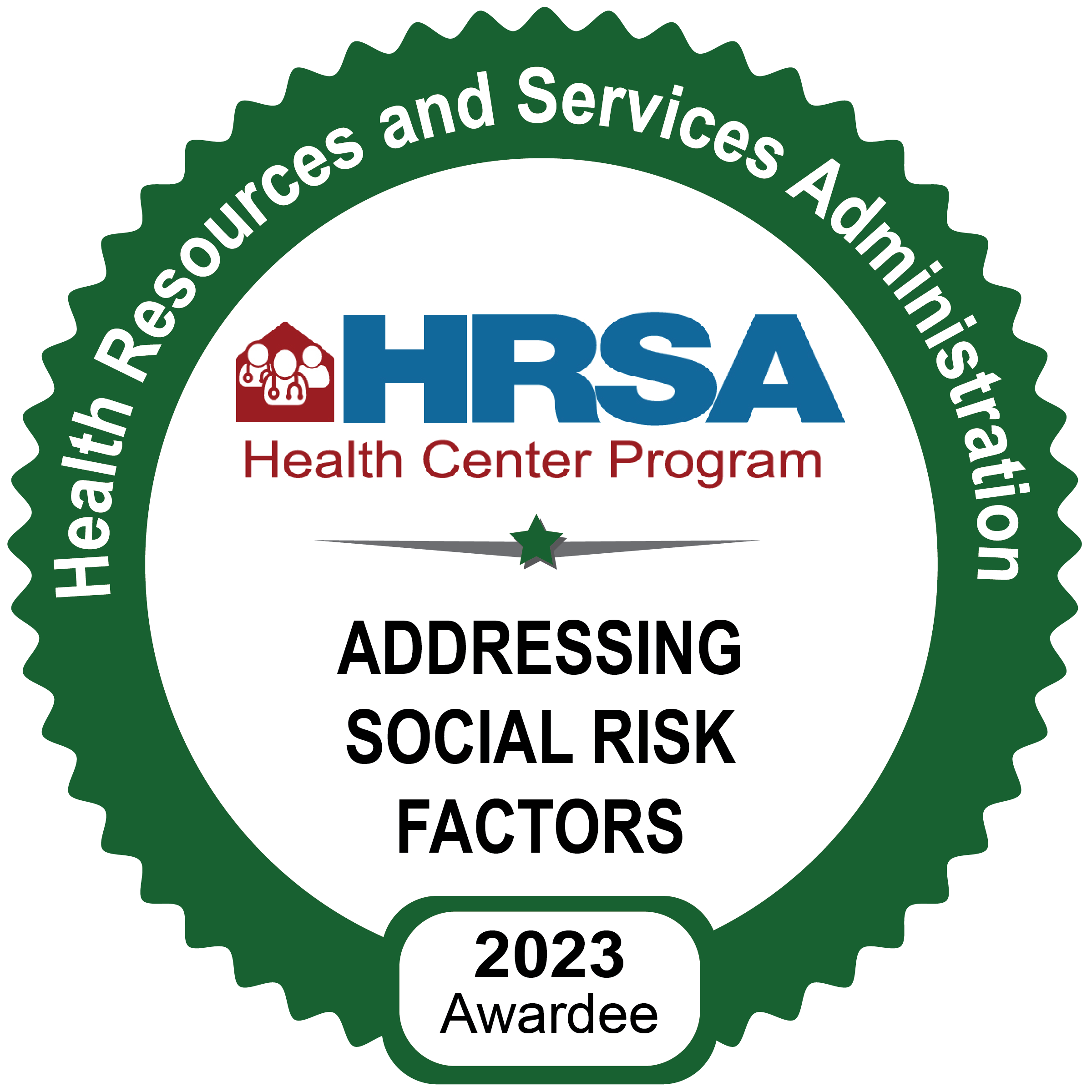To Buy Doxycycline Online Visit Our Pharmacy ↓
 Doxycycline Dosage Guidelines for Various Medical Conditions
Doxycycline Dosage Guidelines for Various Medical Conditions
Introduction to Doxycycline Dosage Guidelines
Doxycycline dosage guidelines serve as essential references for healthcare providers in determining the appropriate dosage for various medical conditions. Proper dosing ensures optimal treatment outcomes while minimizing the risk of adverse effects. Understanding the specific indications for using doxycycline and tailoring the dosage accordingly is crucial for effective patient management.
It is important to note that accurate dosing recommendations can vary based on the type of infection or condition being treated. Consulting reputable sources and staying updated on the latest guidelines is key to providing quality care to patients. Additionally, healthcare professionals must consider individual factors such as age, weight, and comorbidities when determining the most suitable doxycycline dosage regimen.
| Topic | Dosage Guidelines |
|---|---|
| Respiratory Infections | Recommend starting with X mg once daily for X days, then adjust based on response. |
| Skin and Soft Tissue Infections | Typically X mg twice daily for X days, consider switch to oral therapy after improvement. |
| Sexually Transmitted Infections | Single dose of X mg or X mg daily for X days, depending on the specific infection. |
| Malaria Prophylaxis | X mg weekly starting X days before travel, continue X weeks after leaving the area. |
| Special Considerations and Side Effects | Monitor for common side effects like GI upset and photosensitivity, adjust dosage if needed. |
Dosage Recommendations for Respiratory Infections

Doxycycline is commonly used to treat respiratory infections due to its antimicrobial properties. The dosage recommendations for respiratory infections typically depend on the severity of the infection and the patient's age and weight. For mild to moderate respiratory infections, a standard dose of doxycycline is usually prescribed, while severe infections may require a higher dosage. It is important to follow the doctor's instructions carefully and complete the full course of treatment to ensure the infection is fully eradicated. Adhering to the prescribed doxycycline regimen is vital in preventing the development of antibiotic resistance and achieving successful treatment outcomes.
Dosage Guidelines for Skin and Soft Tissue Infections
Doxycycline is commonly prescribed for skin and soft tissue infections due to its effectiveness against a variety of bacteria. The dosage guidelines for these types of infections typically involve an initial dose, followed by a maintenance dose for a specified duration. It is important to follow the prescribed dosage schedule diligently to ensure the infection is properly treated and to minimize the risk of antibiotic resistance developing. In some cases, a healthcare provider may recommend a combination of doxycycline with another antibiotic to enhance treatment efficacy. Additional monitoring may be required to assess the response to the medication and to manage any potential side effects that may arise.
Using Doxycycline for Sexually Transmitted Infections

When it comes to using doxycycline for sexually transmitted infections, it is crucial to follow the recommended dosage guidelines to ensure effective treatment. Doxycycline is commonly prescribed for STIs such as chlamydia, gonorrhea, and syphilis due to its antimicrobial properties. Proper adherence to the prescribed dosage regimen is essential in combating these infections and preventing the development of antibiotic resistance. It is important to consult with a healthcare provider for the correct dosage and duration of treatment to achieve the best results and minimize the risk of potential side effects.
Doxycycline Dosage for Malaria Prophylaxis
Doxycycline is commonly used for malaria prophylaxis due to its effectiveness in preventing the disease. The recommended dosage for adults is typically 100 mg daily starting one to two days before entering a malaria-endemic area and continuing throughout the stay and for four weeks after leaving. However, dosing regimens may vary based on individual factors such as the specific location of travel and any underlying health conditions. It is important to consult a healthcare professional or travel medicine specialist for personalized advice on doxycycline dosing for malaria prophylaxis.
| Dosage Guidelines for Doxycycline in Malaria Prophylaxis | |---------------------------------------------------------| | Adult Dosage | 100 mg daily | | Start before travel | 1-2 days before entering malaria-endemic area | | Duration | Throughout stay and for 4 weeks post-travel | | Individualization | Consult healthcare professional for personalized advice |
Special Considerations and Side Effects
When considering Doxycycline for various medical conditions, it is important to take into account special considerations and potential side effects. Certain populations such as pregnant women and children may require adjusted dosages or alternative treatment options to avoid adverse effects. It's crucial to be aware of common side effects like nausea, diarrhea, and photosensitivity that can occur with Doxycycline use. Regular monitoring by a healthcare provider is essential to ensure the medication is well-tolerated and effective for the intended purpose. Understanding these nuances can help in the safe and appropriate use of Doxycycline for different health concerns.
For more detailed information on Doxycycline and its medical applications, you can refer to Centers for Disease Control and Prevention (CDC) website and PubMed's collection of research articles.





